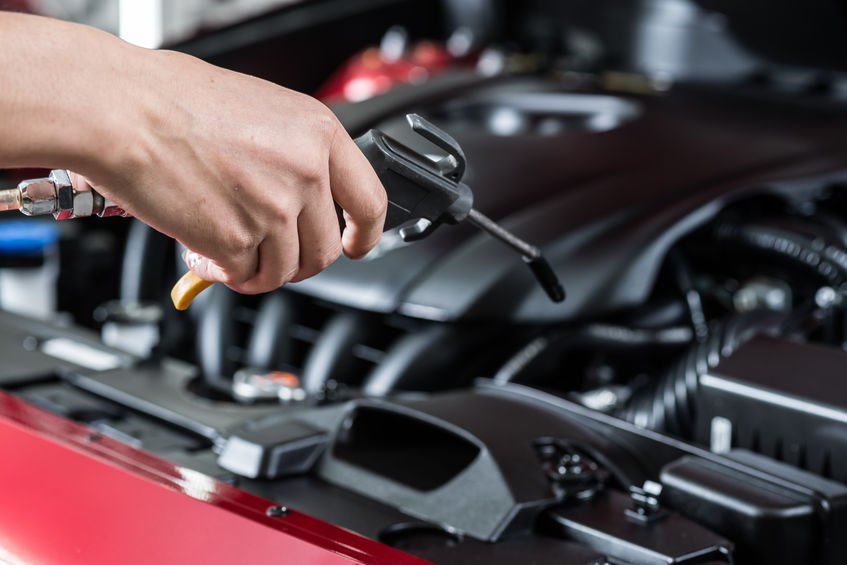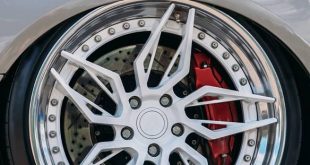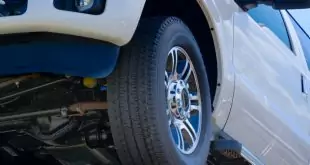Do you want your engine to last longer? Proper engine care can prevent mechanical failures, and lead to fewer costs down the line. While most people know that they need to give their engine regular maintenance to make it last, fewer are aware that there are also driving habits that can help your engine last longer. Here are five of them.
1- Be Patient When Starting
You need to be careful when you start your car in the morning. When a cold engine is first turned on, it needs some time to get fully ready for use. It takes about thirty seconds for the engine parts and the oil to reach their ideal temperature. If you don’t wait for that before you drive, you will be cutting into your engine’s lifespan.
On top of that, extra care must be taken on colder days. Low temperatures make the car’s oil grow thick and makes gasoline harder to burn. In such conditions, you’ll have to turn on your engine, let it warm for at most thirty seconds, and then slowly drive away, keeping a slow pace for at least five more minutes while the engine finishes warming up.
That technique’s purpose is to counter the fact that, if you’re just sitting on the driveway with your car on, then your engine isn’t really doing much work, so it will warm up very slowly. Driving it carefully is the best way to achieve good working temperatures.
2- Lighten Your Car’s Load
Towing trailers, boats, other cars, or just carrying a lot of heavy boxes inside or strapped to your car — all of it can cut down your engine’s life.
Heavy-duty vehicles have powerful engines that can handle a lot of extra weight, but regular cars don’t. Car engines aren’t so weak that they’ll just stop under pressure, but the stress of carrying loads above the engine capacity will significantly shorten the engine’s lifespan over time.
To know just how much weight your car can handle without damaging the engine, consult your owner’s manual.
3- Listen
When you’re driving, turn off your radio and other distractions and just listen from time to time. Weird noises are often the first sign of engine problems, and just like medical problems, they’re often easier to deal with when they’re caught early. Any unidentified noise coming from your engine is a reason to take your car in for a check-up. Better to be zealous than wait until there is smoke coming from under the hood.
4- Slow Down
50 miles per hour is the ideal cruising speed for most cars, as far as their engines are concerned. Granted, that is not very fast, but that’s ideal because going faster demands exponentially more of the engine. Cruising at 60mph, for example, demands 73% more horsepower. And cruising at 70mph requires over 150% more horsepower than going at 50mph.
You don’t have to always be at the ideal speed, but do keep in mind how much going faster taxes the engine.
5- Drive Less
Think. How many car errands do run in a week? How many of them could’ve been done all at once, combined into a single large trip out of the house?
As car drivers, we often go out to take care of the bill, dry cleaning, groceries, post office, and other needs one at a time, taking several trips. But if you schedule making several errands at once, you will cut down on how many times you have to warm up the engine, which is good for its lifespan.
 World inside pictures Collect and share the best ideas that make our life easier
World inside pictures Collect and share the best ideas that make our life easier









